PRODUCTION losses along with climate projections suggesting a rise in annual average temperatures and an increase in the occurrence of extreme weather events are driving two separate research projects into agricultural adaptation and the reduction of heat stress in livestock.
One project conducted by the Dairy Futures Co-operative Research Centre aims to identify dairy cows that have a greater tolerance to heat stress and will result in a genomic breeding value being developed for tolerance to heat stress.
The second project conducted by the University of Melbourne will determine whether feed additives such as dietary betaine, chromium and antioxidants can be used to alleviate heat stress in dairy cows and pigs.
Both projects are funded through the Australian Government’s Filling the Research Gap program, along with contributions from state government and universities, private firms and industry bodies.
Heat stress occurs in livestock when animals cannot effectively control their body heat and the body temperature rises to unsafe levels.
It may be observed when animals eat less, become restless and production decreases.
Other symptoms include animals grouping, seeking shade, panting, slobbering or excessive salivation, foam at the mouth, open-mouth breathing, lack of co-ordination and trembling.
The initial consequence of heat stress is reduced feed intake and loss of production.
In extreme cases it can lead to organ tissue damage and death.
The Dairy Futures CRC project is drawing upon 700,000 DNA marker genotypes from 3700 Holstein and 1241 Jersey herds to develop the genomic breeding values for heat tolerance, so young bull and heifer calves can be screened for their genetic potential to cope with heat stress.
The project will draw on production records such as milk yield, protein and fat percentage, and merge it with heat load data (specifically temperature and humidity readings) from 118 weather stations in dairying regions around Australia.
The University of Melbourne research builds on previous studies where feed additives were shown to reduce the effects of heat stress on sheep, but which may be more suitable to intensive livestock systems where administering additives daily to feed rations can be effectively managed.
Heat stress may well be a growing financial cost to livestock enterprises in the future, should average temperatures rise and the number of extremely hot days increase.
Established farm management strategies such as the provision of shade, the adequate supply of water and even cooling systems help reduce heat stress, but further effective management practices will likely be required in future to safeguard animal welfare and farm productivity.
Both research projects will finalise in June 2016.
Filling the Research Gap funds nationally coordinated research to deliver practical options for land managers to reduce greenhouse gas emissions, build soil carbon and adapt to changes in climate while improving productivity and profit.
More information on research projects under the Filling the Research Gap program may be found at the Department of Agriculture website at: https://www.agriculture.go v.au/ climatechange/carbonfarmingfuture s/ftrg.
Source: The Australian Dairyfarmer


